Enjoy High-Speed Internet With The Best Routers
Your home Wi-Fi network is likely the lifeblood of your digital life. A high-quality router is a must-have for anyone who values reliability and fast internet. As a result, it's crucial to look for a Wi-Fi router that not only lives up to but exceeds your requirements.
The challenge is figuring out how all these different standards, unfamiliar names and futuristic-sounding features translate to better Wi-Fi in your home. For your convenience, we reviewed the top routers of 2023 to make the buying process less of a hassle. By the end of this guide, you should be better prepared to make a purchase.
Read on as we demystify the world of Wi-Fi, routers, mesh networks and other technobabble.
Comparing The Top Routers Of 2023 In Detail
TP-Link Smart Wi-Fi Router: Best Overall
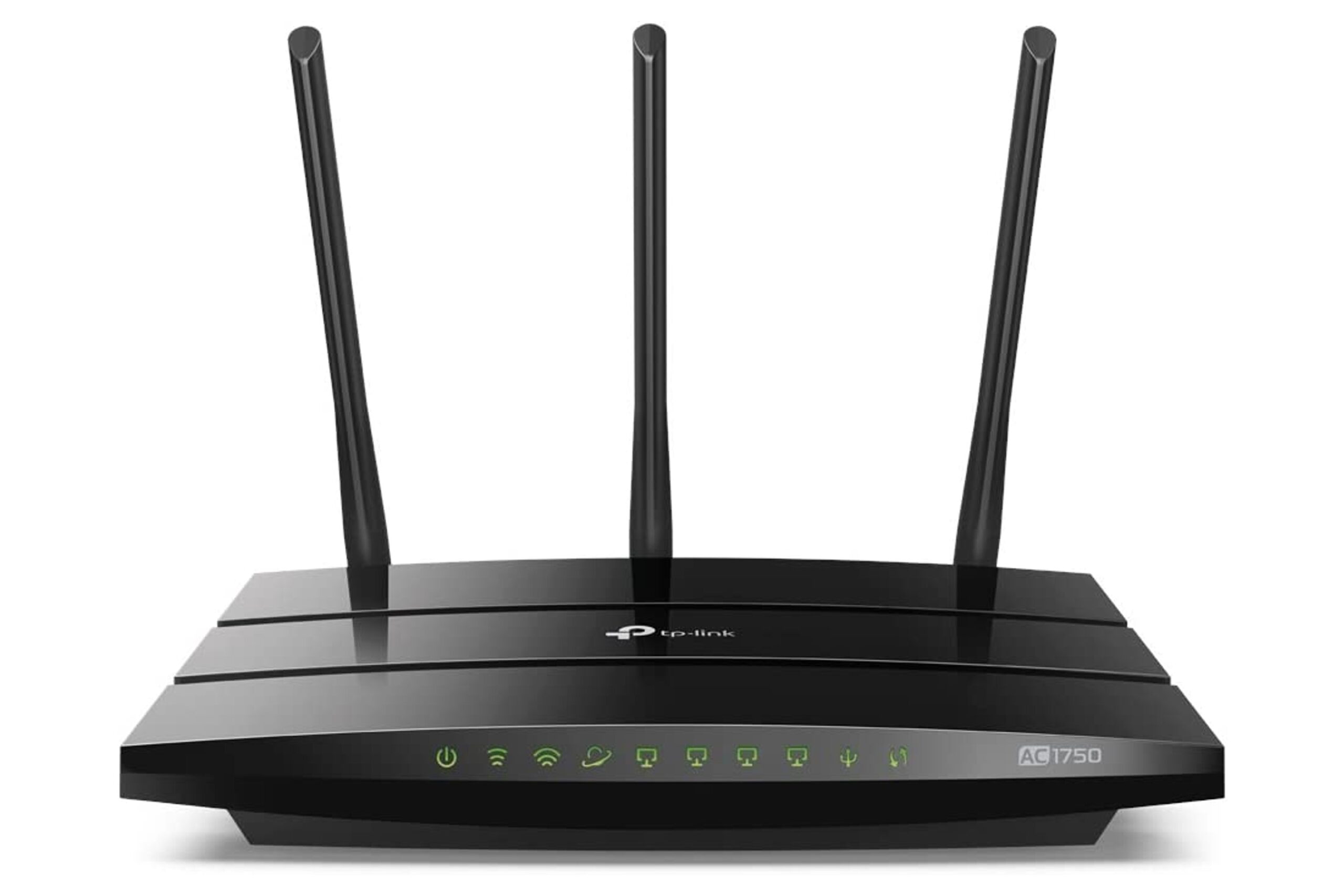
The TP-Link Smart Wi-Fi Router features dual-band performance capable of supporting 4K streaming and more than 50 devices connected at once, as well as Alexa support for voice commands. It contains three non-removable, adjustable antennas and LED activity indicators on its front edge for power, the internet, radio bands, LAN connections, USB and WPS. There are also four gigabit LAN ports at the back of the device, allowing you to connect to different devices.
This little device is easy to carry and can be placed anywhere, such as on a shelf or entertainment console, or you can hang it on the wall using its mounting brackets. It also offers a variety of security features to ensure your safety while surfing the web. Overall, the router's Tether app, which helps easily set up and remotely manage your home network, and compatibility with Alexa make this the best product on our list.
NETGEAR Nighthawk Smart Router: Perfect for Gaming
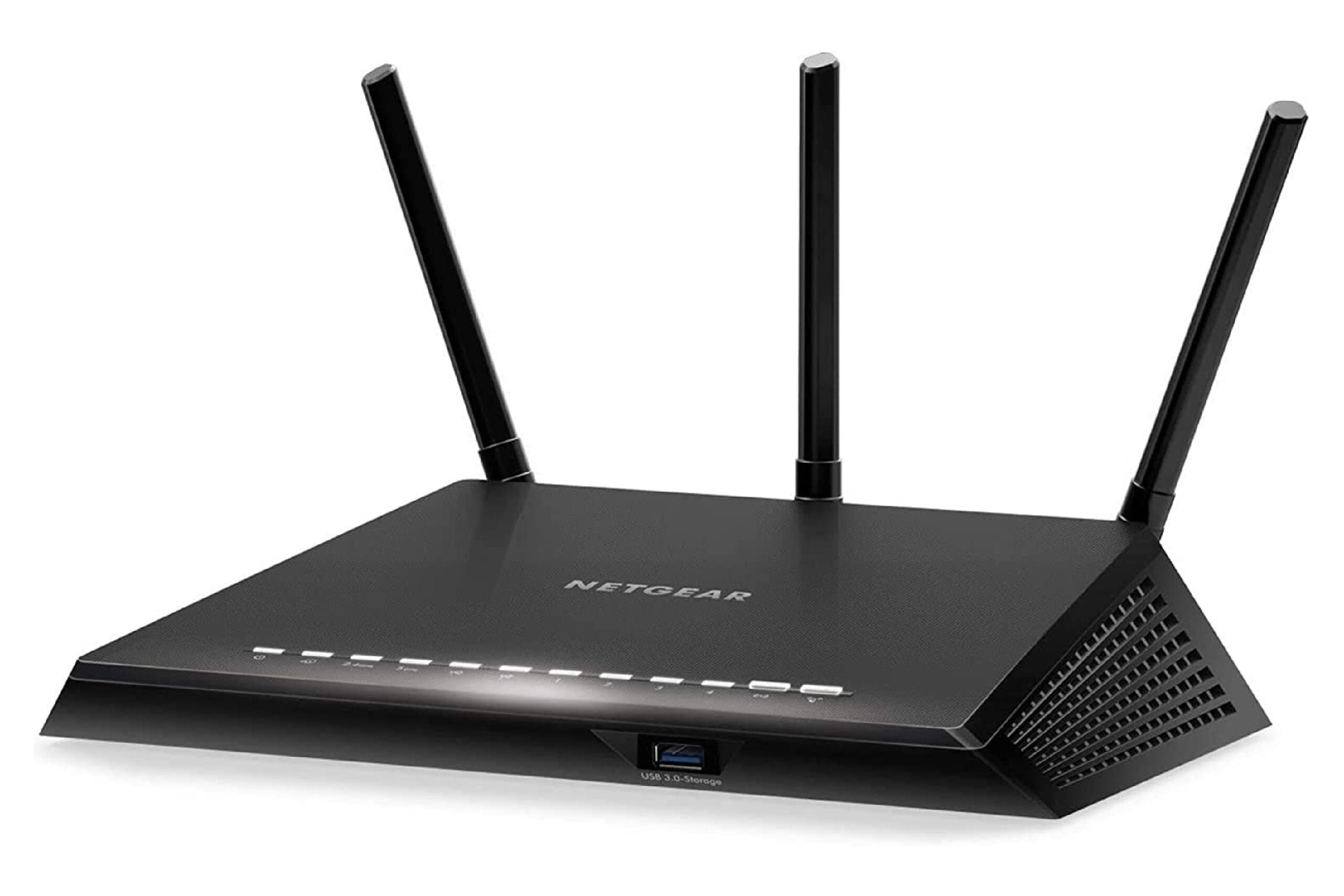
The NETGEAR Nighthawk Smart Router is durable and avoids slipping on any surface thanks to its wide base and rubber feet. You won't have to worry about running out of desk space either, since it's flexible enough to place on a wall. Moreover, its USB 3.0 port outperforms other modems in its class in terms of performance on NTFS (New Technology File System) and FAT32 (File Allocation Table32) formats.
Large residences can expect fast download speeds, even when multiple users are connected to the internet. Most importantly, the router features a 30-day trial of NETGEAR Armor to make sure your Wi-Fi is completely safe to use.
ASUS Wireless Internet Router: Compact Design
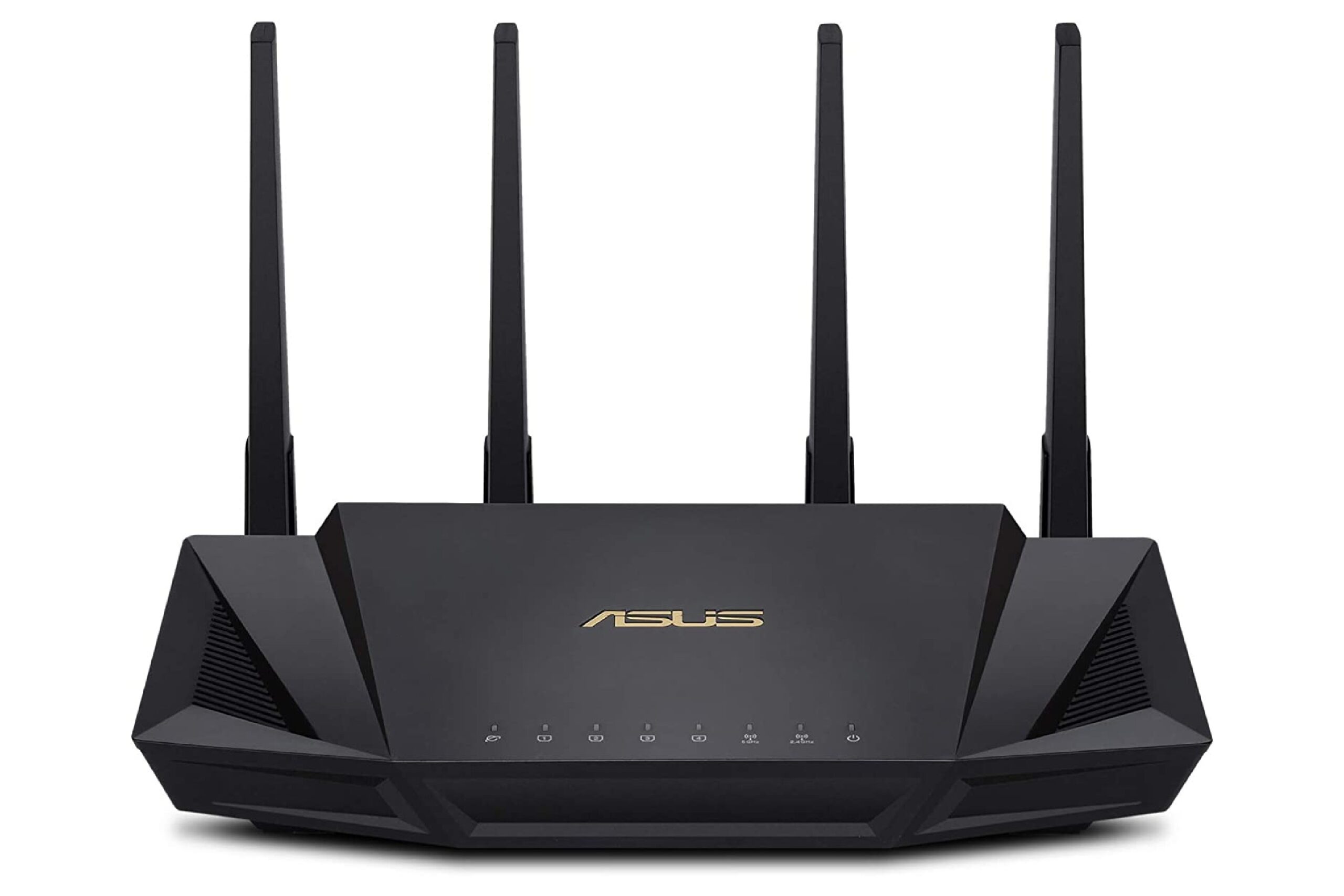
The ASUS Wireless Internet Router is a dependable dual-band gigabit wireless router with an outstanding connectivity speed. While the 5GHz frequency is ideal for data-intensive activities like HD streaming and online gaming, you can use the 2.4GHz channel for light web browsing. Additionally, the router can accommodate up to 30 connected devices at any given time and has a vast range of up to 3,000 square feet.
The AiMesh technology, which is meant to create a mesh wireless network system, can link to other ASUS routers for more extensive coverage. Meanwhile, the ASUS router app allows for remote management and lets users set up parental controls and keep track of user activities.
Linksys Mesh Wi-Fi Router: Beamforming Technology
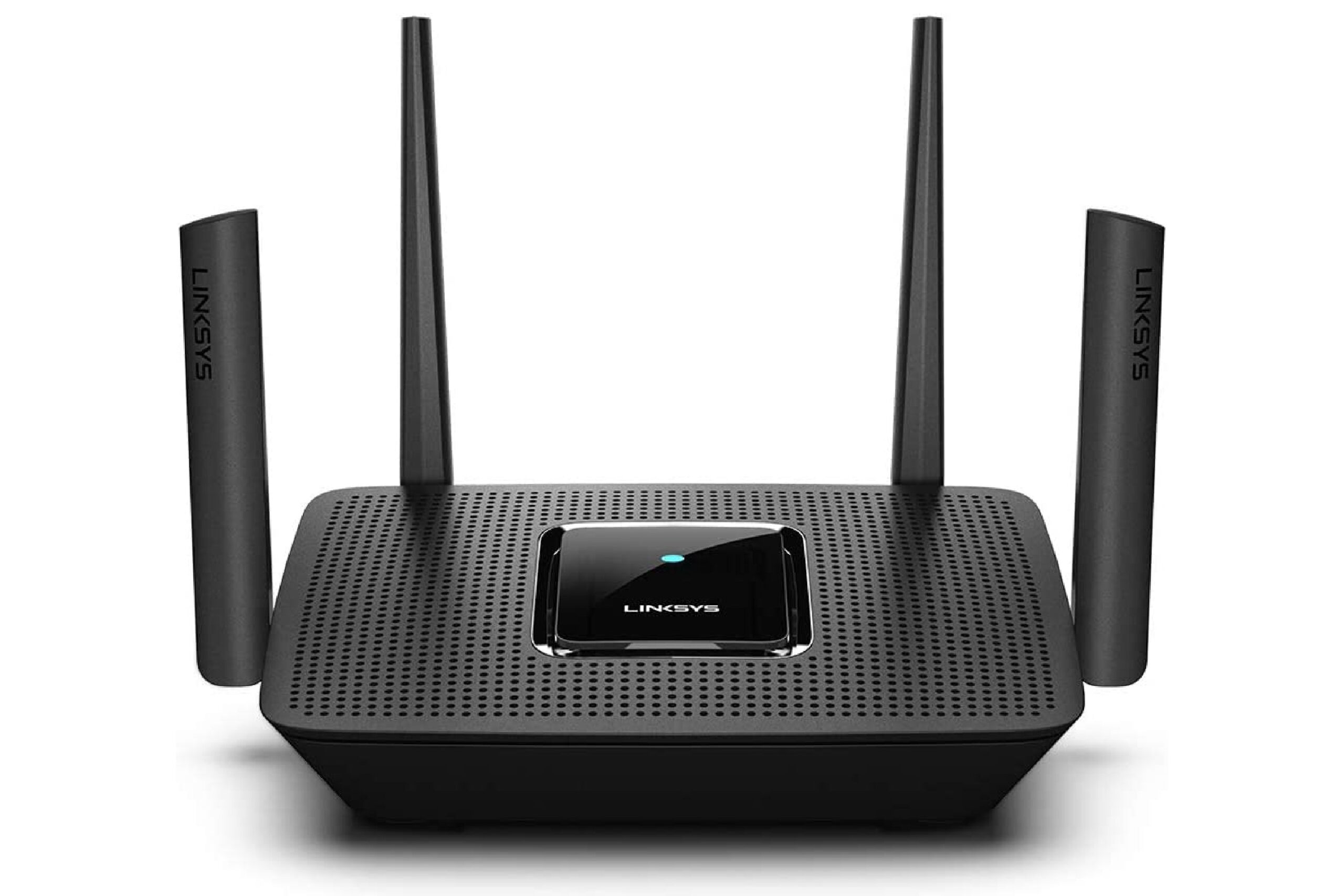
The Linksys Mesh Wi-Fi Router is ideal for entertainment-driven homes. Besides offering fast speeds, it has a range of up to 3,000 square feet and supports 25 simultaneous connections. Using MU-MIMO technology, the device gives a dedicated signal to each connected device, allowing the entire family to enjoy HD streaming, gaming and more without interruption.
The Linksys app allows for precise remote management of your home network, including the configuration of features like guest access, parental controls, device prioritizing and speed tests — all from the comfort of your smartphone. And, thanks to the super-fast USB 3.0 connector, you can quickly and conveniently link other devices to your system.
Eero Mesh Wi-Fi Router: Most Convenient
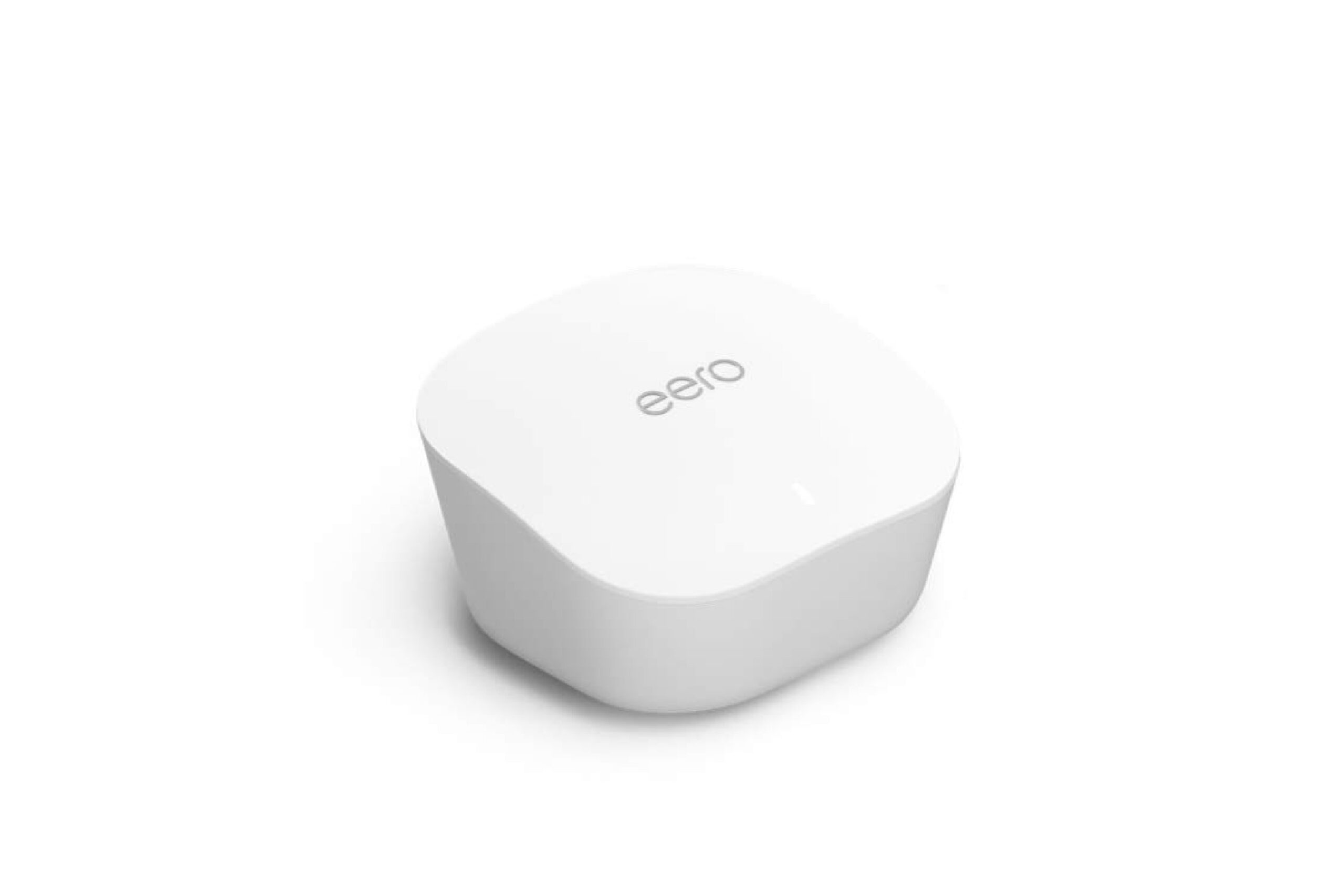
The Eero Mesh Wi-Fi router provides a reliable, fast internet connection throughout your home, covering up to 1,500 square feet. Streaming media, playing online games and conducting business from any room in the house is all made simple with this convenient router. Because Eero devices are cross-compatible, you're effortlessly able to add more devices to your system as needed.
The device effectively routes traffic to reduce buffering, congestion and drop-offs. Meanwhile, the app guides you through the setup process in about 10 minutes and allows you to conveniently control your network from anywhere. When combined with an Alexa device (not included), you can control internet access for devices and people in your home, freeing up your time to concentrate on what matters.
Finding A Quality Router: A Buyer's Guide
A wide variety of routers are available to meet the demands of different customers. A router's ability to keep up with your internet usage is the most important factor to consider before making a purchase. But, if you are a parent, for example, you may find parental controls to be an absolute necessity, but others may not need them at all.
If you take the time to identify your priorities, you'll find that the search becomes a lot more manageable. Let's examine what factors you should consider.
How To Choose The Right Router
Internet Speed
Speed is the most important feature to look for when buying a router. The speed of your ISP will always determine your performance ceiling, and a good router can help reach it more feasibly. Getting the ideal router doesn't necessarily mean spending the most money; however, the right router should strike a balance between price, functionality and internet speed.
Wireless Standard
Before looking at routers, it's a good idea to figure out what wireless standard you'll require. The wireless standard of your router is very important and has a massive impact on how it functions. Some routers have a speed limit of roughly 600 Mbps, while others have a limit of around 1,300 Mbps.
Bands
Another key factor to consider is the band you intend to utilize. The majority of users use either the 2.4 or 5 GHz bands. You never know when you'll need the greater range of 2.4 GHz or a less congested spectrum like 5 GHz, which is why getting at least a dual-band router is recommended.
Range
Once you've determined which wireless standard you require and which bands you intend to use, you should consider range. Routers are not all homogenous — many factors can influence how far a router's signal can travel, so it should be one of your key considerations.
You'll need to know where you intend to put the router and how far away the devices that will connect to it are located. If everything is within striking distance of your preferred model, that's great! If not, you should look for a more powerful router. Some homes are too large for even the longest-range routers to cover; in such instances, you may want to consider a mesh Wi-Fi setup.
Optimization
You can optimize your router's efficiency in several ways depending on the tasks you're performing. Streaming video, Skype calls, gaming and music are just some of the activities for which you can adjust a router's settings. Optimizing your device properly will give those programs extra bandwidth, so your favorite Netflix show, for example, will not pause if someone in your home is downloading a large file.
App-Based Management
Nearly every new router comes with apps designed to make setting up and adjusting your Wi-Fi network easier. These apps allow you to manage network connections and determine which devices you should prioritize, and can even notify you when a router upgrade is ready.
LAN Ports
Many internet-enabled smart home devices can't function without getting connected to a hub via a local area network (LAN). As such, LAN ports allow a computer to link over a wired Ethernet connection with a router. If more LAN ports are needed, you can install an Ethernet switch, which is similar to a power strip but adds open Ethernet connections.
Other Ports
If you're serious about customizing your home network, you need at least one or more USB ports. For example, you can construct a Network Area Storage Device by connecting an external drive to a USB port. Since you can connect the drive to the network, all devices with network access can browse its contents.
Parental Controls
Parental controls are among the most desired features for anyone with young children. They allow you to manage, restrict and tailor what content your children can view when browsing the internet. Since the internet is full of easy-access content that isn't appropriate for children, parental controls are a must-have.
Different Types Of Routers
There are two main types of routers: traditional single-unit wireless routers and mesh routers, which are newer routers.
Traditional Single-Unit Rrouters
Single-unit routers, which you plug into your modem to form a home Wi-Fi network, are undoubtedly already familiar to you. This type of router might not be adequate to broadcast Wi-Fi throughout your entire house, depending on various elements, such as the size and materials used in the home's construction.
Mesh Routers
Mesh routers are made up of numerous units, often offered in packs of two or three, and are carefully placed throughout your home where a strong internet connection is most needed. One device connects directly to your modem and then interacts wirelessly with the other two, forming a big "mesh" network to distribute Wi-Fi around your home more effectively.
People Also Ask
How many routers will I require?
This depends on your network configuration. You may need only one if you have a small network with a limited number of computers. But if your network is extensive, you may need many more routers.
Do I need an Internet provider to use a wireless router?
If you want to use your wireless router to create a Wi-Fi network, you'll need to sign up with an internet service provider (ISP). You may also require the services of an internet service provider if you want to connect multiple computers in a local area network to the internet.
What speed router do I need?
Internet speed, commonly measured in megabits per second (Mbps), will determine your router's speed. For instance, if the maximum speed of your Internet connection is 100 Mbps, you will need a router capable of handling that much.
How many IPs does a router have?
Your router should have two IP addresses: one for your home network and another for the wider internet. This paves the way for your gadgets to communicate with one another and the rest of the internet.
How close should my router be to the TV?
Distance requirements suggest placing your router at least 5 to 6 feet away from your TV.